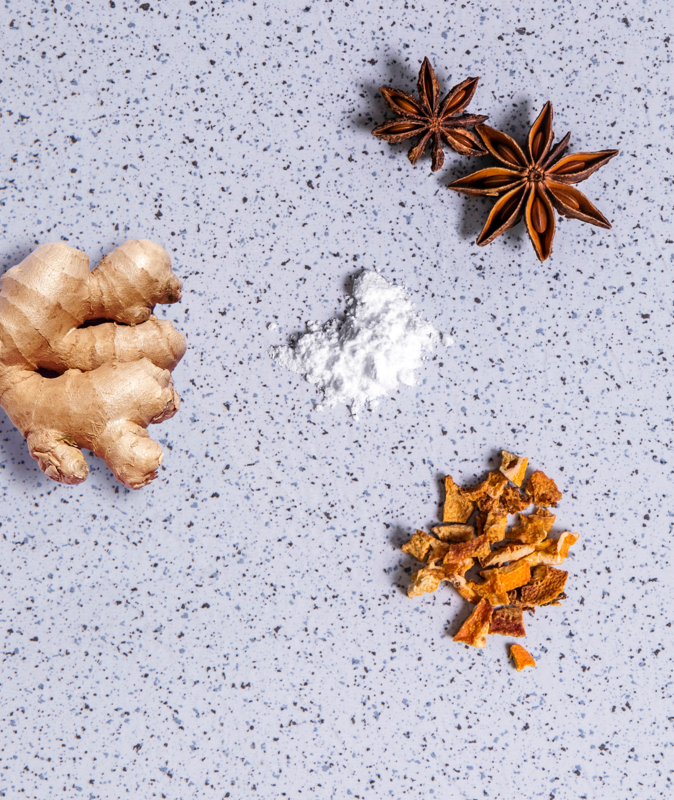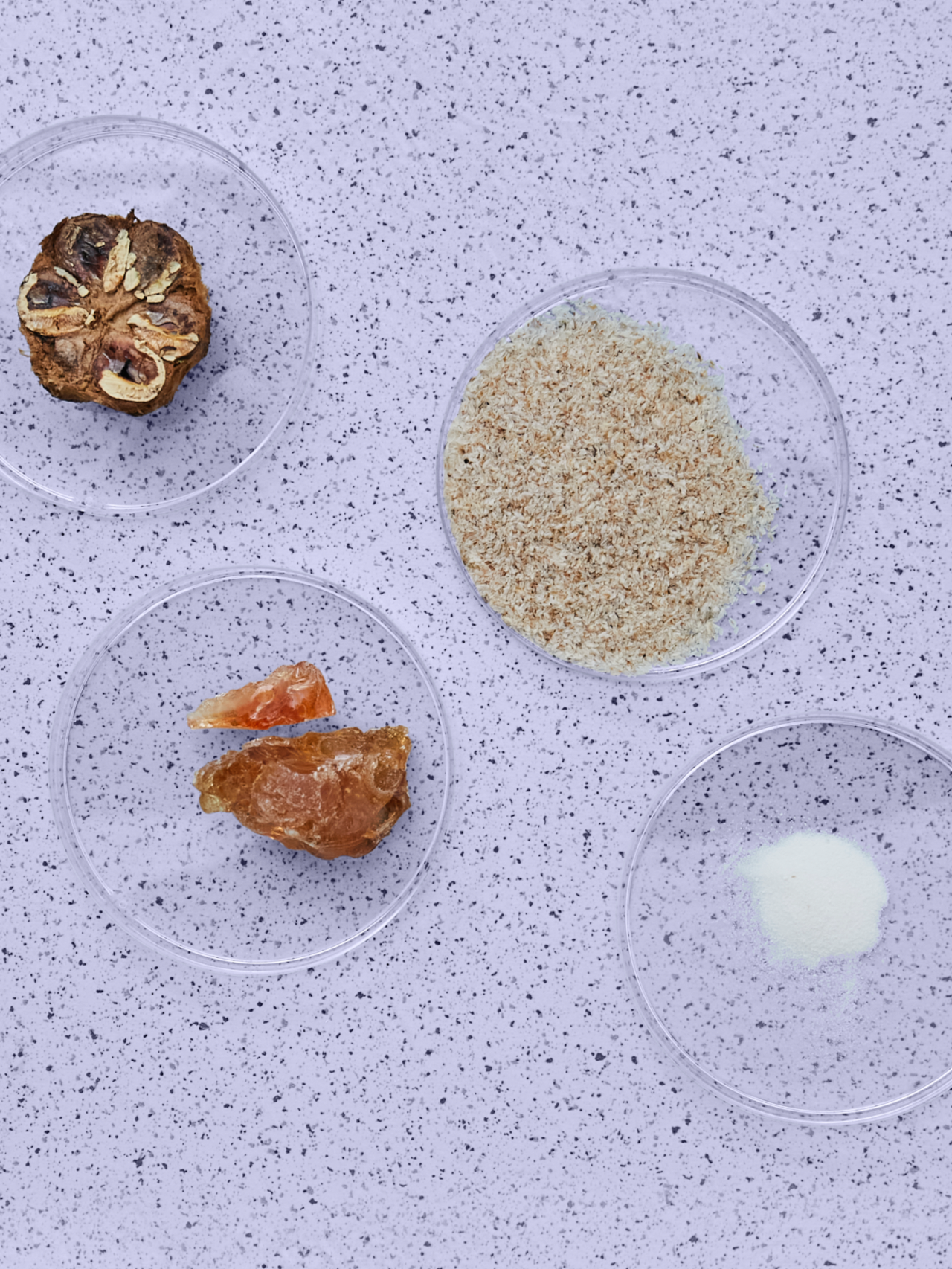
We've all been there—you’re on vacation, enjoying new foods and relaxing by the beach, when suddenly, your body decides to throw a wrench in your plans. You haven’t been able to go to the bathroom in days, and what should be a time for fun and relaxation turns into discomfort and frustration. Or maybe you recently switched up your diet, adding in new foods or cutting out certain items, and now you find yourself struggling to do something that used to be second nature: going to the bathroom.
Constipation, a common digestive issue, can strike at the most inconvenient times. It’s characterized by difficulty emptying the bowels and/or a reduction in bowel movements. It can cause discomfort, bloating, and even pain when your body struggles to pass stool. For some, constipation is defined as having fewer than one bowel movement a day, while others may experience it as difficulty passing stools, even if they have daily movements.
But constipation isn’t just about how often you go—it’s also about how it feels. Straining, hard or lumpy stools, and the feeling of incomplete evacuation all factor into this uncomfortable condition. If you suspect you might be constipated, ask yourself the following:
- Do I strain when sitting on the toilet?
- Does it hurt to poop?
- Are my stools lumpy or hard?
- Do I feel like I’m not done after going?
If you answered "yes" to any of these questions, it could indicate that you're dealing with constipation.
Fortunately, there are several nutritionist-recommended solutions to help alleviate constipation from multiple angles. Below are some natural and effective ways to encourage regular bowel movements and improve overall digestive health.
Stay Hydrated: Water is Essential
One of the simplest, yet most effective remedies for constipation is drinking enough water. A general recommendation is to consume half your body weight in ounces of water per day.
Water is essential for keeping the digestive system running smoothly, as it helps soften stools and promotes easy passage through the intestines.
Dehydration is a major contributor to constipation. When the body is dehydrated, the colon absorbs water from the waste material, making stools hard and difficult to pass.
To prevent this stiffening, it’s important to maintain adequate hydration throughout the day.
For every non-water beverage you drink, such as coffee, tea, or soda, aim to pair it with a glass of water. Keeping a large water bottle at your desk or with you during the day can also serve as a reminder to take regular sips, ensuring you stay well-hydrated. The average body needs a lot more water than just a glass with each meal.
And when you work out, do not forget you are losing water through sweat. If fluids are not replenished, dehydration can occur. Always bring a water bottle with you to the gym! And this goes for sweating from hot weather too.
Another helpful tip is to begin your day with a glass of warm water. This can stimulate the digestive system and get things moving. You can also add a slice of lemon to your water for a bit of flavor and a boost in digestive enzymes.
Move Your Body: Exercise Supports Digestion
A sedentary lifestyle is often linked to constipation. The muscles in the digestive tract need movement to function optimally, which is why physical activity is an essential remedy.
When you move, you stimulate the muscles of the intestines, helping food move down the digestive tract. Simple activities like walking, stretching, or yoga can have a significant impact on digestive health.
Walking after meals, in particular, can be highly beneficial. Gentle movement can encourage the transit of food through the intestines, reducing the likelihood of constipation. Even just a 10-to-15-minute walk can make a difference.
Additionally, certain yoga poses like the "wind-relieving pose" (Pawanmuktasana) and twists can help stimulate digestion.
Give Yourself a Tummy Massage
To help gently encourage movement through the large intestine, massage your belly. Move your hand gently across your stomach in a clockwise position. Begin at the right lower edge of your stomach, move up, then across to the left, and lastly down. You can pair this with some body lotion, coconut oil, or castor oil.
Consider Magnesium Citrate: A Natural Muscle Relaxant
Magnesium is a mineral that plays an important role in muscle relaxation, and it is also a popular remedy for constipation. Magnesium citrate, in particular, is a form of magnesium that is very supportive of bowel movements. It works by drawing water into the intestines, which softens stools and helps move waste through the digestive tract more easily.
Magnesium citrate can be taken as a supplement, and many people find that taking it in the evening helps support a morning bowel movement. Hilma’s Gentle Bowel Movement contains Magnesium Citrate and other herbs in a non-laxative formula to promote regularity.
Enjoy Pineapple and Papaya: Digestive Enzyme Powerhouses
Pineapple and papaya are two tropical fruits that can work wonders for digestion. Both contain natural enzymes—bromelain in pineapple and papain in papaya—which help break down proteins in the digestive system. These enzymes act as digestive aids, particularly after a heavy meal that’s rich in protein.
Eating these fruits fresh is a great way to boost your intake of natural digestive enzymes, but you can also find papaya enzyme supplements if you prefer. However, whole foods are always recommended, as they also provide fiber, which further supports gut health.
Incorporating pineapple or papaya into your diet is easy—they make excellent additions to smoothies, fruit salads, or even as a snack on their own. Plus, their high water content helps with hydration, which, as mentioned, is crucial for relieving constipation.
Try Digestive Bitters: Boosting Digestive Secretions
Bitters are another effective remedy for constipation and overall digestive support. Bitter foods and herbs like ginger, chamomile, dandelion root, and bitter orange stimulate the production of digestive secretions, including saliva, stomach acid, and bile. This increase in digestive secretions helps break down food more efficiently, preventing constipation and encouraging regular bowel movements.
You can consume bitters in various forms, such as teas, tinctures, or supplements. Many people enjoy a cup of ginger tea before or after a meal to aid digestion. Alternatively, you can try adding orange slices or dandelion greens to your meals for a natural bitter boost. For those who prefer a more convenient option, there are also pre-made digestive bitters available in liquid or capsule form, which can be easily integrated into your routine to support healthy digestion and relieve constipation.
Incorporate Both Soluble and Insoluble Fiber
Fiber is one of the most important nutrients when it comes to preventing and relieving constipation. It adds bulk to the stool and helps food move more efficiently through the digestive tract. There are two types of fiber—soluble and insoluble—and both play a role in promoting regular bowel movements.
Soluble fiber dissolves in water to form a gel-like substance, which slows digestion and helps with the absorption of nutrients. This type of fiber is found in foods like oats, avocados, and prunes.
Insoluble fiber, on the other hand, does not dissolve in water. It adds bulk to the stool and helps it pass more quickly through the digestive system. Foods rich in insoluble fiber include whole grains, nuts, seeds, and vegetables.
For optimal digestive health, it’s important to include both types of fiber in your diet. Avocados, oats, and prunes are great examples of foods that contain both soluble and insoluble fiber. Many people even travel with prunes as a natural, fiber-rich snack to prevent constipation on the go.
Establish a Routine: Consistency is Key
Consistency in your daily habits can also help prevent and alleviate constipation. Try to establish a regular eating, drinking, and exercise routine to keep your digestive system on track. It’s also helpful to create a consistent bathroom routine—try to go at the same time every day, even if you don’t feel the immediate urge. This helps train your body to be regular and can reduce the likelihood of constipation.
Additionally, practicing mindful eating—such as taking time to chew thoroughly and eating in a relaxed environment—can support digestion and promote regular bowel movements. When you eat too quickly or under stress, your digestive system may not function optimally, leading to constipation or discomfort.
Constipation is a common and uncomfortable digestive issue characterized by difficulty passing stool, straining, hard stools, and a feeling of incomplete evacuation. Dehydration is one of the major contributors, as the body absorbs water from waste, making stools more difficult to pass. To alleviate constipation, it's important to stay hydrated, move your body through regular exercise, and incorporate fiber-rich foods like veggies and whole grains. Remedies such as magnesium citrate, digestive bitters, and acidic fruits like pineapple and papaya can also support digestive health. And lastly, establishing consistent daily habits around hydration, movement, and mindful eating helps prevent constipation and promote regularity.




